Seven Foods That Are Surprisingly Toxic to Dogs
If you have a dog, you may already be aware that dogs are omnivores. This means that unlike other pets, such as cats, which are obligate carnivores, or rabbits, which are exclusively herbivorous, your dog’s digestive system is well-equipped to process foods derived from both plant and animal sources. As a result of this, many guardians mistakenly believe that their dogs are able to consume any table scraps, finish off leftovers, or indulge in snack and dessert foods also favored by humans. While there are a few exceptions, it is seldom a good idea to share your food with your dog or your pet in general. Besides being too high in salt, sugar, or fat, some frequently consumed “healthy” human foods can cause some downright disastrous side-effects in dogs, even potentially putting their lives at risk. Here we have compiled a list of common foods that you should never feed your dog, and some may surprise you! So, which foods should you keep out of your pup’s reach? Read on to find out.
1. AVOCADOS
Loaded with healthy fats, avocados are delicious and nutritious. While you should definitely include them in your diet, the same cannot be said for your dog. All parts of the avocado plant contain persin, a fungicidal toxin which is poisonous to dogs. If taken in large amounts, it can cause diarrhea, vomiting, and myocardial damage (damage to the muscles of the heart). It is also worth mentioning that the pit is a potential choking hazard, and even if ingested without choking, it can still cause an intestinal blockage in dogs.
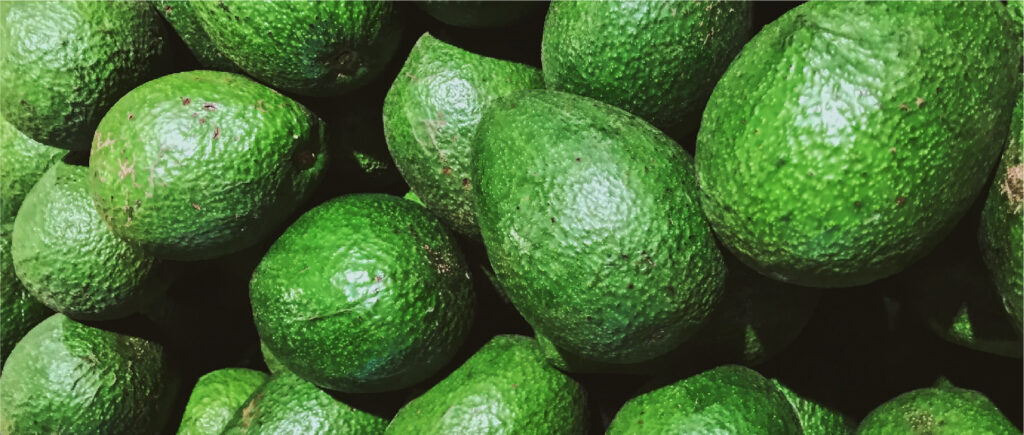
2. CHOCOLATE
Yes, we know, who doesn’t love chocolate? While adored by most, this dessert contains two chemicals that adversely affect dogs. Chocolate contains theobromine and caffeine, which are both stimulants. The quantity found in a chocolate bar, for example, will have a negligible effect, if any, on the human body. However, for dogs, this is a completely different story. Dogs are especially sensitive to these compounds, and toxins can easily build up in their systems if enough chocolate is consumed. This can cause vomiting and diarrhea, and in more severe cases, seizures and heart failure.
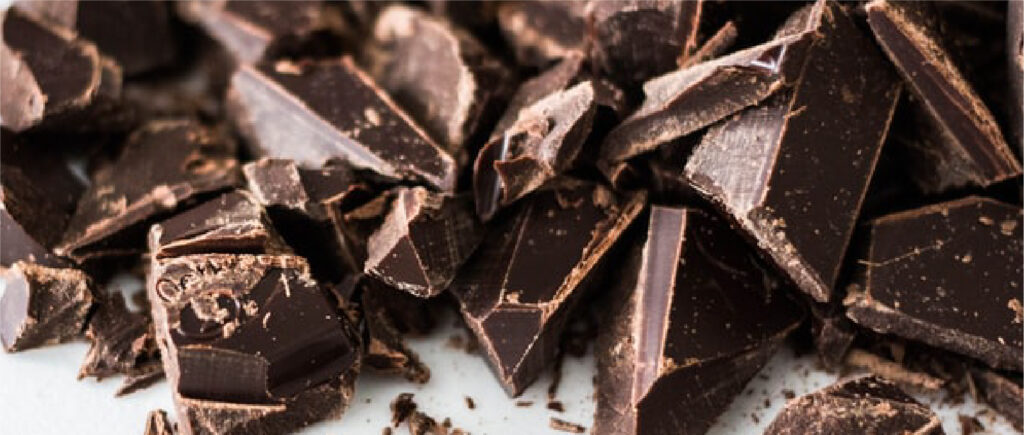
3. CAFFEINE
As you might have deduced from the previous paragraph, caffeine is also harmful to your dog. Interestingly, it affects dogs much the same way it affects humans. Once again, dogs display an increased sensitivity to this stimulant, and this is especially size-dependent. If consumed by your pet, it can cause cardiac arrhythmia (irregular heart beat), hyperactivity, restlessness, and an increase in blood pressure. Huge amounts of caffeine can cause damage to major organs and thus be fatal, especially to small dogs. So, make sure to keep anything containing caffeine, such as tea, coffee, chocolate, soda, and energy drinks away from your dog at all times.
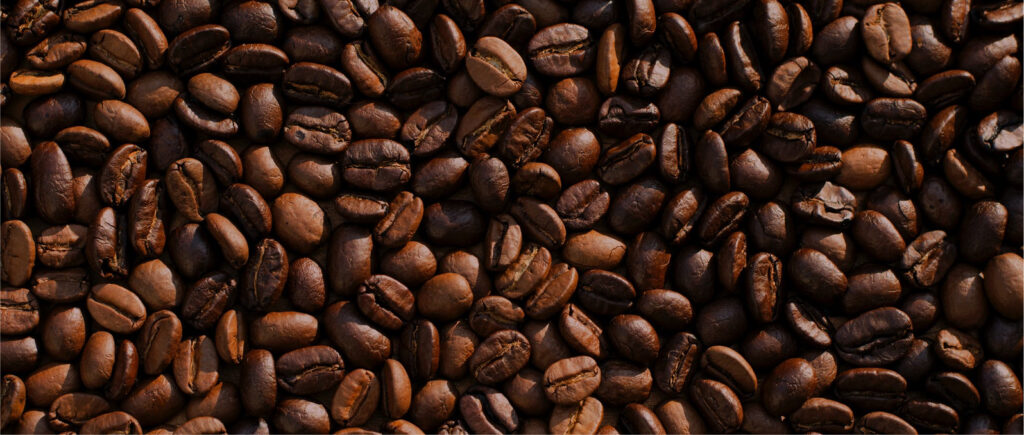
4. ALCOHOL
While it goes without saying that your pet should never be left unsupervised around alcoholic beverages, alcohol is additionally found in many common chemical formulations (such as hand sanitizers) that your dog may become exposed to. There are also three types of alcohol which are all toxic to dogs in varying degrees:
– Isopropanol, the most toxic, is found in some flea sprays and rubbing alcohols.
-Methanol is a key ingredient in antifreeze.
-Ethanol, perhaps the most ubiquitous, is found in alcoholic drinks, some rubbing alcohols, a few medications (cough syrup and decongestants), and fermenting bread dough.
That’s right, even raw bread dough with yeast, if consumed, can ferment in your dog’s stomach and release alcohol into your dog’s bloodstream as a by-product! Ingestion of enough alcohol can cause disorientation, hypoglycemia (low blood sugar), slow heart rate, breathing difficulties, and in extreme cases coma, seizures, or even death.

5. ONIONS
It is almost impossible to cook any dish without the use of onions or garlic, which is a good enough reason by itself to explain the inadequacy of human leftovers compared to specialized dog food. In fact, all vegetables in the allium family (garlic, onions, leeks, shallots, scallions, etc.) are harmful to dogs, even in their raw, dehydrated, or powdered forms. Onions specifically contain a toxic compound known as N-propyl disulfide which causes the breakdown of red blood cells leading to anemia in dogs. Symptoms of anemia after onion consumption include lethargy, weakness, decreased appetite, pale gums, fainting, and reddish urine.
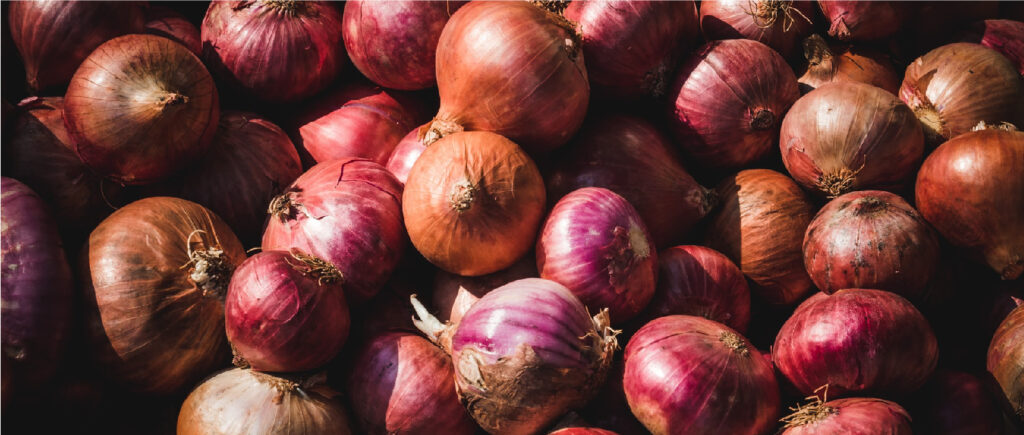
6. GRAPES AND RAISINS
Grapes, even in their dried form as raisins, are extremely toxic to dogs. Interestingly, the exact substance responsible for their toxicity is unknown. A dog’s sensitivity to grapes and raisins is highly individual. For example, one dog may ingest a single grape and suffer minimal side-effects, while another may do the same and develop acute (sudden) kidney failure, which can result in death.
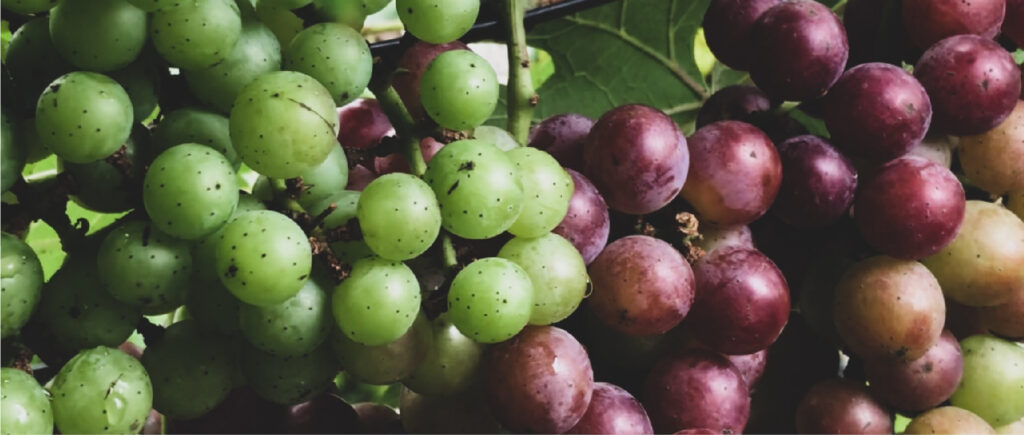
7. XYLITOL
Found in many diet foods and drinks, xylitol is a regularly consumed artificial sweetener. Contrary to the human body’s reaction when consumed, xylitol stimulates the release of insulin in dogs. Even just a small amount can cause hypoglycemia (low blood sugar), seizures, and liver failure, which usually results in death. For example, many dogs easily get into sugar-free chewing gum, and experience symptoms of xylitol poisoning. So, exercise caution, and make sure to keep any food or drink labeled “sugar-free” or “diet” far away from your dog.
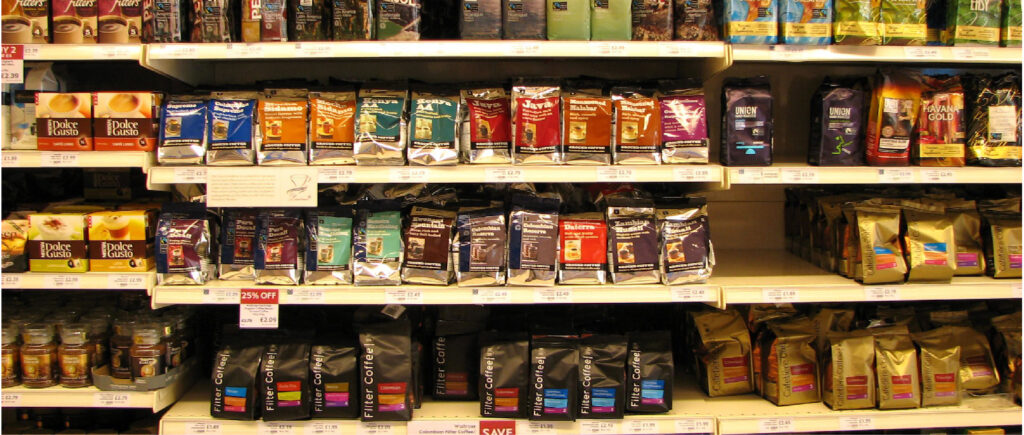
In conclusion, do not feed your pet anything you are unsure of. Additionally, make sure to store any food items, especially the ones mentioned in this article, in places that are inaccessible to your dog. If you suspect that your dog has ingested a toxic substance, immediately schedule a trip to your vet. We hope you have learned something new through this article, and perhaps you could share it with any dog guardian you may know, in order to spread the word and educate everyone about the differences between our digestive systems and those of our beloved canine companions.
Best regards,
The GMAP Team.

